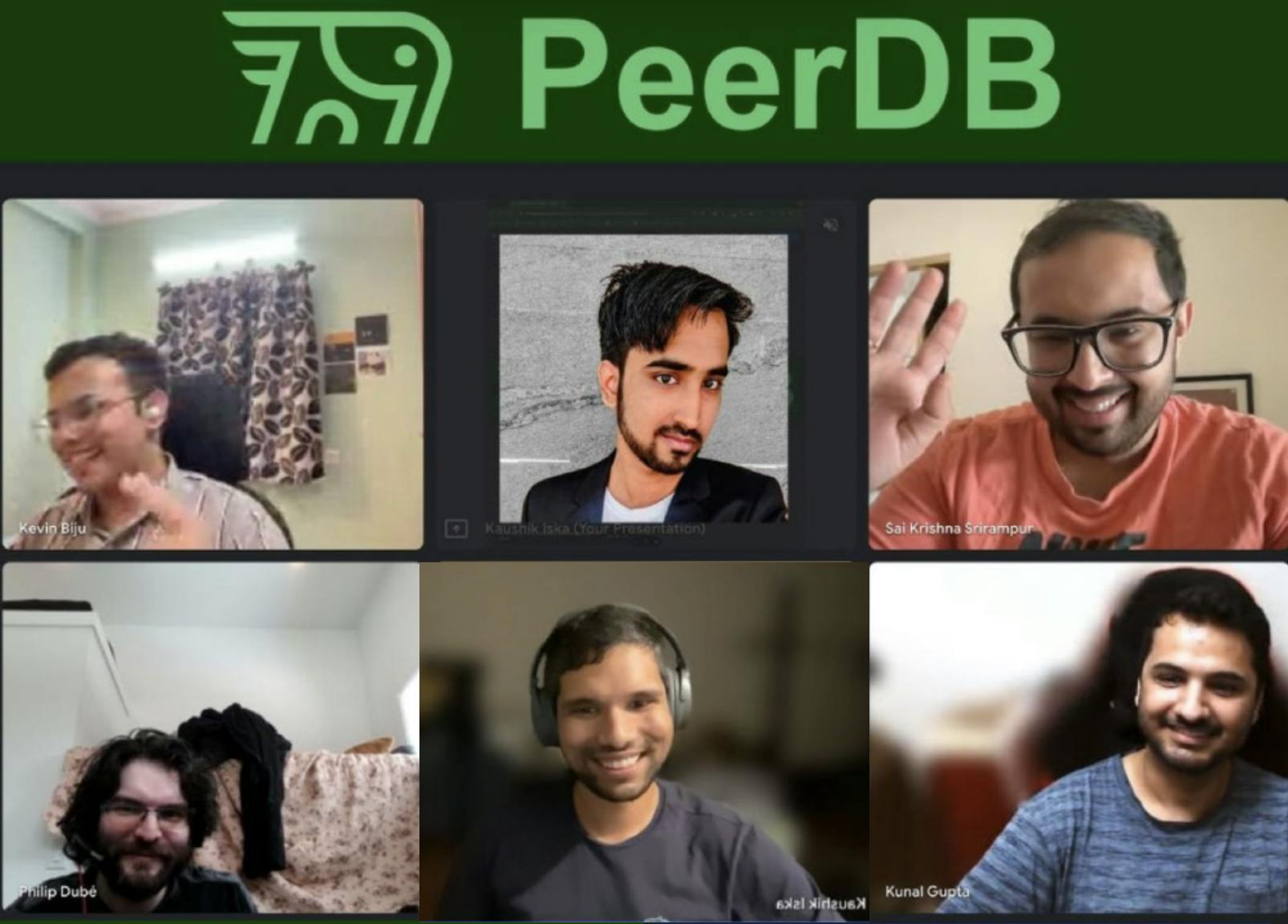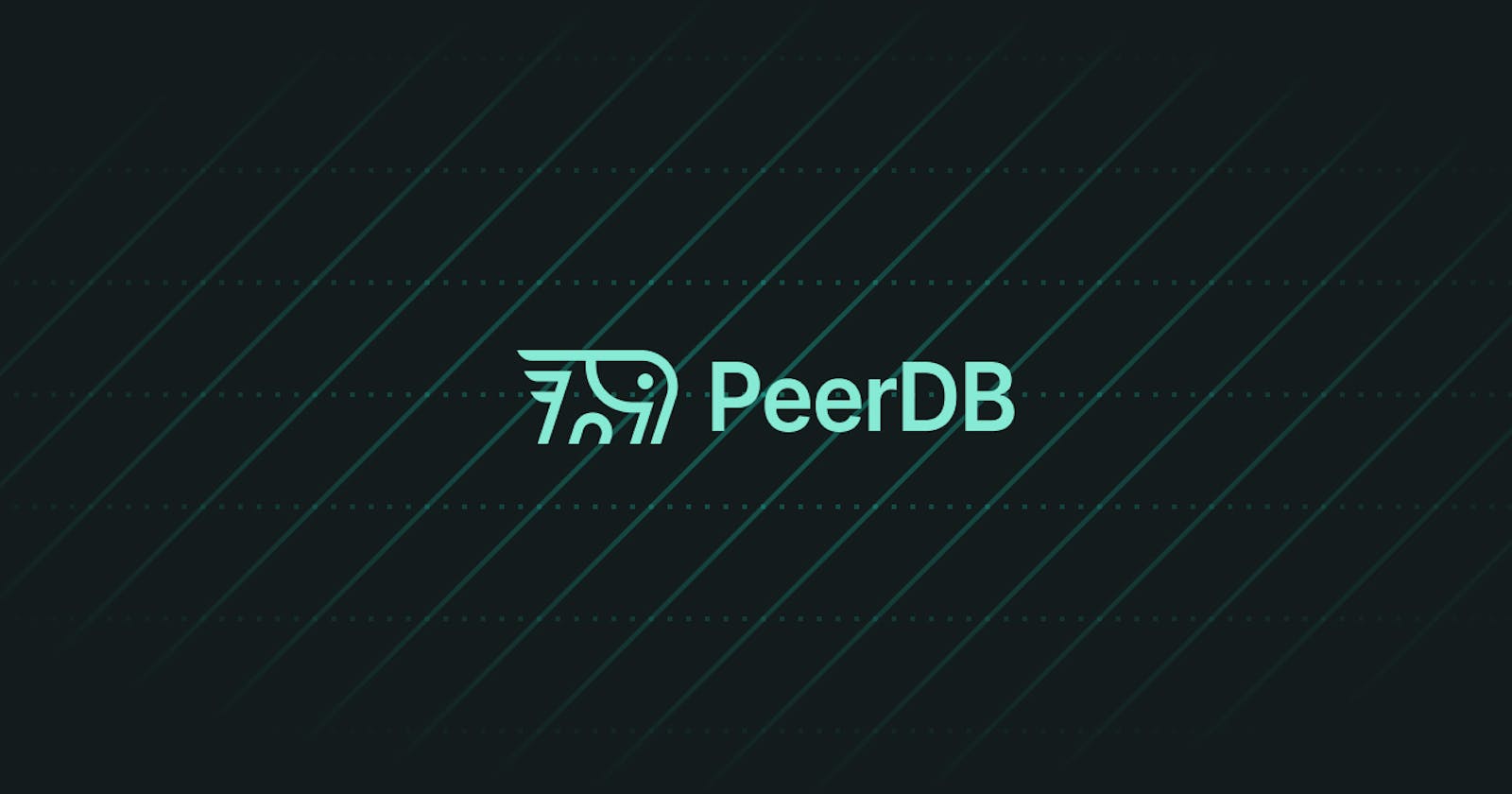PeerDB offers a fast and cost-effective way to move data from PostgreSQL to data warehouses, such as Snowflake, and to queues like Kafka. This enables businesses to have real-time and reliable access to data, which is of utmost importance in this AI era. PeerDB’s overarching vision is to become the de facto standard for data movement and ETL (extract, transform and load) for companies that run their businesses on Postgres.
SAN FRANCISCO — April 11, 2024 —PeerDB, the leading data movement platform for PostgreSQL, today announced it received $3.6 million in seed round funding. Investors in the round include lead investor 8VC, Y Combinator, Wayfinder Ventures, Webb Investment Network, Flex Capital, Rogue Capital, Pioneer Fund, Orange Collective and several angel investors.
PeerDB will use the funds to continue building its engineering team, propelling its go-to-market and client acquisition initiatives and supporting its growth. PeerDB revenue is doubling every two months.
"Postgres is becoming the database of the world and the de facto primary database for both enterprises and SMBs. Existing data movement and ETL tools are not built for Postgres – they often fail at scale due to painfully slow syncs, lack of reliability and lack of native features. The time has come for someone to give enough care to the world's most adopted open source database. Thanks to all our investors and customers for believing in us and sharing our vision," said PeerDB CEO and co-founder Sai Krishna Srirampur.
"At PeerDB, we're tackling inefficiencies surrounding Postgres data movement. With fundamental optimizations like parallel snapshotting and handling the nuances around replication slots that are absent in the existing ETL tools, we’re focused on building a system specialized for Postgres at terabyte scale – our approach diverges from traditional methods that falter at scale and resort to resyncs. Our team of Postgres experts not only provides data movement services but also becomes an essential part of client teams, offering advice on database tuning and query optimization. As we brace for the influx of data driven by the era of LLMs, we're committed to ensuring Postgres data movement remains efficient and scalable," said PeerDB CTO and co-founder Kaushik Iska.
The Problem
In the current data and AI landscape, existing data movement and ETL (extract, transform, and load) tools prioritize the breadth over the quality of connectors and are not optimized for Postgres. Users often face issues such as painfully slow syncs — syncing hundreds of gigabytes of data can take days; unreliability, characterized by frequent crashes and loss of data precision; and feature limitations, including a lack of configurability and support for native data types.
PeerDB distinguishes itself by prioritizing the quality over the breadth of connectors and tailoring its design specifically for Postgres. Through this, PeerDB offers 10 times faster data movement and at one-fifth the cost.
Why Now?
"8VC's investment in PeerDB is driven by our conviction in the exponential growth trajectory of Postgres. We see an exceptional team in Sai and Kaushik, whose deep expertise in Postgres positions them uniquely in the marketplace. We believe that a solid narrative around data movement and ETL will play a pivotal role in the success and widespread adoption of Postgres," said Bhaskar Ghosh, partner at 8VC.
The time is ripe to develop a first-class data movement tool for Postgres, as it is becoming the world's most popular database. Currently ranked fourth in the DB-Engines Ranking of database management systems (DBMS) based on popularity, Postgres is the only DBMS in the top four experiencing growth. It also received DB-Engines' DBMS of the Year 2023 award for gaining more popularity than any other of the 417 monitored systems in 2023. Enterprise adoption of Postgres is on the rise, with 50% of enterprise companies already using it. This trend is set to significantly increase the volume of data stored and moved through Postgres, requiring an ETL tool that can handle this scale.
The introduction and funding of PeerDB is also timely due to the widespread focus on artificial intelligence (AI) and hyperscale data analytics, which often require movement of massive datasets from primary database platforms such as Postgres to data warehouses for AI-based analytics to help provide insights and inform business decisions.
PeerDB's Vision and Use cases
PeerDB's vision is to become the de facto standard for data movement and ETL for companies that run their businesses on Postgres, encompassing use cases such as:
Fast and cost-effective replication to data warehouses: Replicate data from Postgres to analytical stores (OLAP) such as Snowflake, BigQuery and ClickHouse for AI-based analytics informing business decisions in use cases like fraud or anomaly detection. PeerDB has already made its mark here with a rapidly growing customer base that strongly challenges incumbents like Fivetran.
Real-time streaming and change data capture: Low-latency replication from Postgres to queues, such as Kafka, enabling use cases like real-time alerting and micro services-based architectures. PeerDB already supports Kafka, Azure Event Hubs, and Google PubSub as targets, serving as an enterprise-grade alternative to Debezium.
Database migrations: Migrating data from legacy databases like Oracle and SQL to Postgres to support modernization and digital transformation initiatives.
Enterprise-grade Postgres high availability (HA) and backups: As enterprises modernize their database stack by migrating from Oracle and SQL Server to Postgres, managing HA and backups across regions and hybrid on-premises environments becomes critical. The infrastructure that PeerDB is developing can be extended to support such mission-critical use cases in the future.
Vector ETL: Extracting unstructured data at scale, transforming it into vector embeddings with LLMs, and loading these into Postgres using pgvector. This enables semantic searches for advanced AI applications.
PeerDB is built for Postgres
Below are a few product differentiators of PeerDB:
Faster Postgres data movement: PeerDB implements parallel snapshotting, the fastest way for moving Postgres data. This can dramatically reduce the time required to move massive datasets, often from days to hours, while ensuring consistency.
Native Postgres data type support and replication: PeerDB specializes in natively replicating advanced data types like JSONB and geospatial, crucial for IoT apps and geospatial applications. With data available in native formats, users save the time and effort required for data transformation, since the data is already in the format necessary for their AI-based analytics and other applications.
Cost optimizations: PeerDB can reduce data movement costs by up to five times compared to incumbent ETL tools. PeerDB published a white paper detailing the data modeling and infrastructure optimizations employed to save costs for customers.
Customers
PeerDB customers include:
Harmonic AI replaced an incumbent ETL solution with PeerDB, saving $80,000 yearly and reducing their yearly data-movement costs by five times.
Expedock uses PeerDB to deliver real-time AI-driven supply chain automation, replicating 700 million rows monthly from Postgres to Snowflake with under one minute latency and five times cost savings compared to their previous ETL tool.
Fiber AI uses PeerDB to replicate terabytes of data from Postgres to ClickHouse in real time, powering their real-time search use case.
Flatiron Health used PeerDB to migrate 35,000 tables with terabytes of data from Postgres to Snowflake within a week.
"We’re using PeerDB already for our Postgres to ClickHouse ETL and it’s insanely fast and accurate! We can’t believe how well it works. The PeerDB team has been super helpful in getting us set up, helping us debug, and advising us on everything related to ClickHouse and Postgres. Great work, guys!"**said Neel Mehta, CTO, Fiber AI.**
How to try PeerDB?
You can try PeerDB through one of three offerings: Open source, a fully managed cloud service and a self-hosted enterprise offering.
Founders
The co-founders of PeerDB, CEO Sai Krishna Srirampur and CTO Kaushik Iska, have been friends since high school and were roommates in college at the International Institute of Information Technology Hyderabad, where they both studied computer science. Sai Krishna Srirampur was an early engineer at Citus Data, which was acquired by Microsoft. There, he led solutions engineering for all Postgres services on Microsoft Azure. Kaushik Iska built operating systems and led data teams at Google, SafeGraph, and Palantir Technologies. He also represented India in the International Collegiate Programming Contest (ACM ICPC) World Finals. They have been building Postgres products for a decade now and have closely worked with Postgres customers running into issues with existing ETL tools. To fill this gap, they founded PeerDB. Below is the image of the PeerDB Founding Team.


